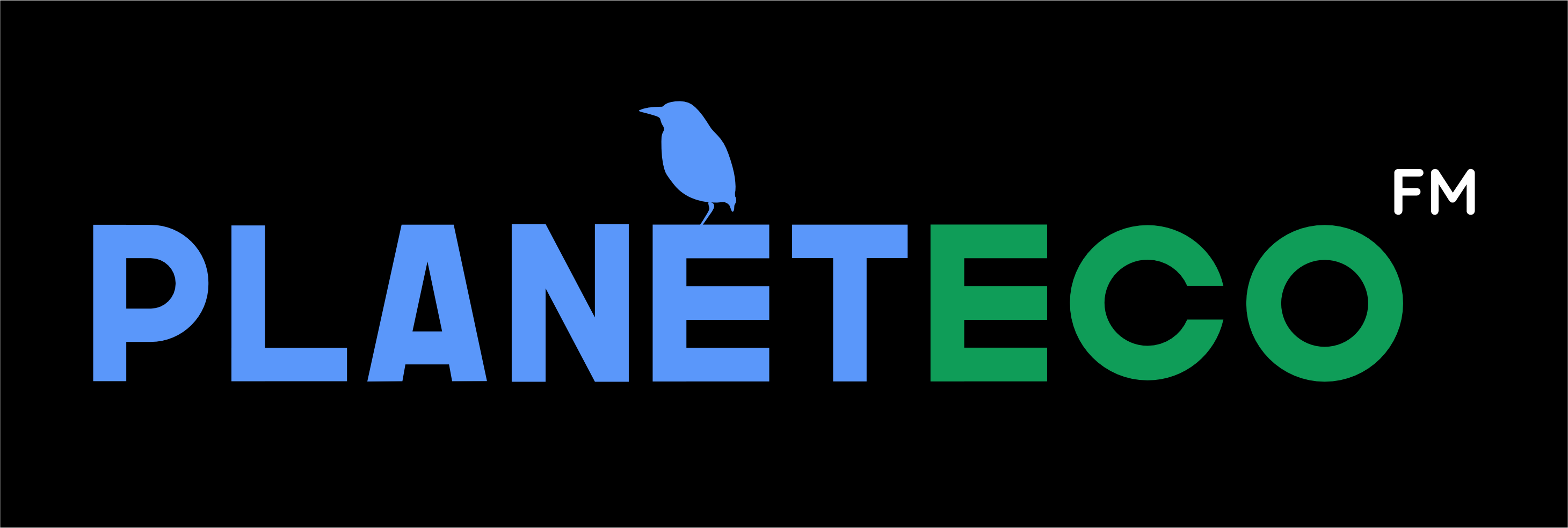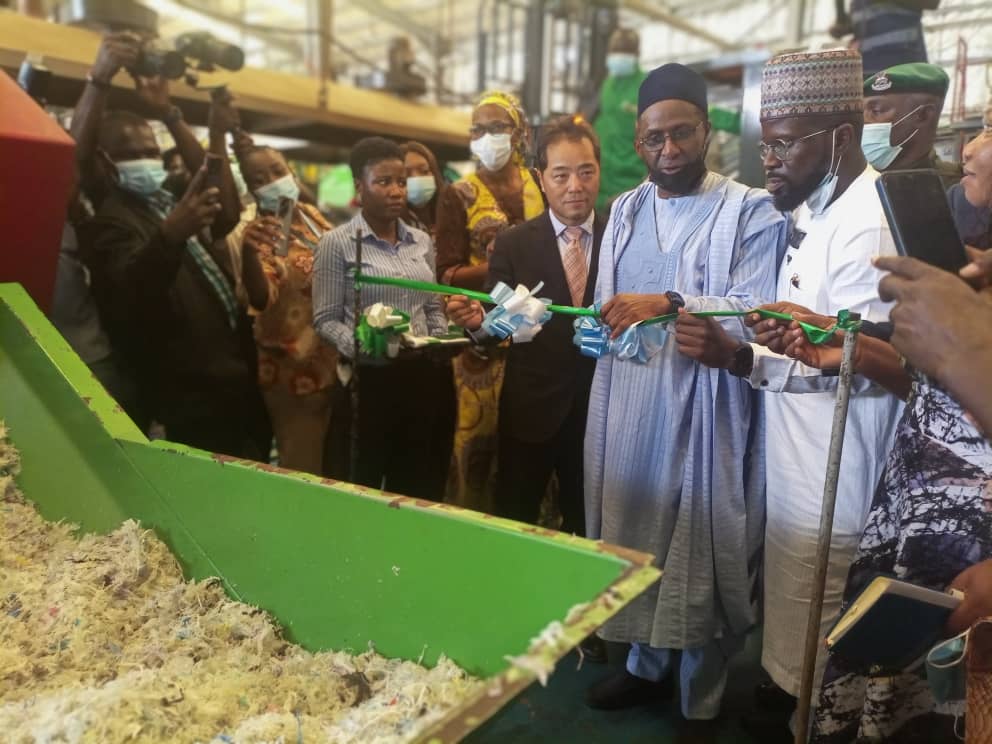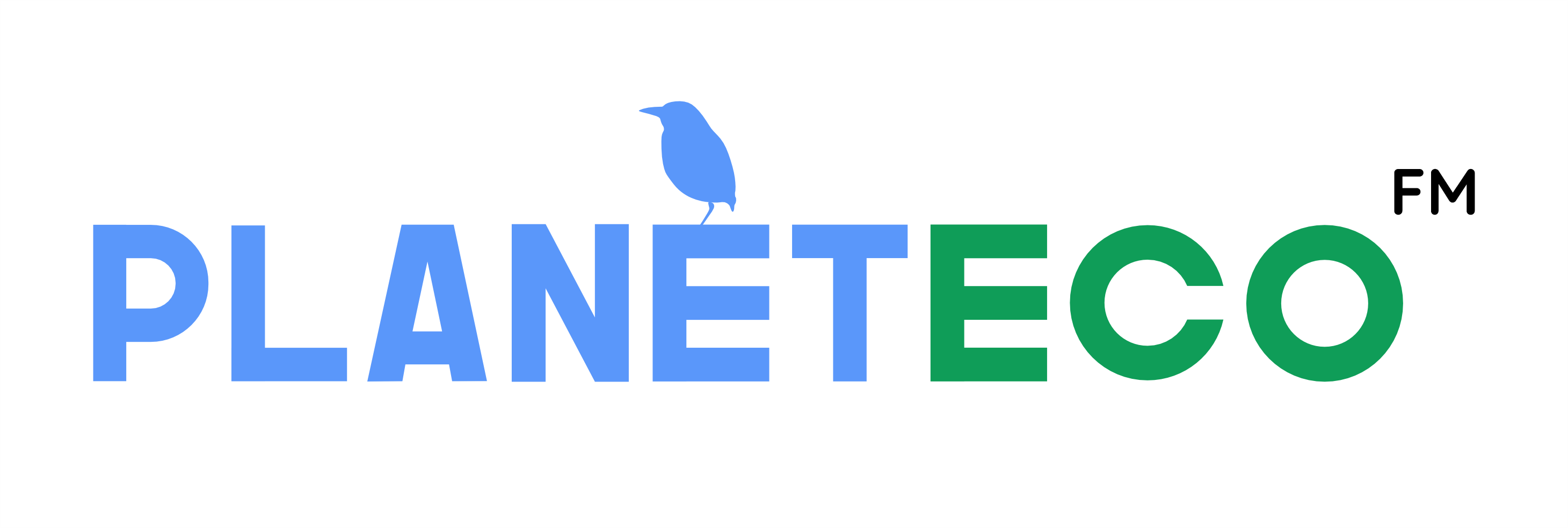A Major Step Towards a Cleaner, Greener Nigeria
Have you ever walked through your neighborhood and noticed piles of plastic bottles, food wrappers, and other waste scattered around? Or maybe you’ve seen gutters clogged with trash, leading to flooding when it rains? Well, there’s good news! The Nigerian government has just introduced new waste recycling equipment, thanks to funding from Japan. This move is a game-changer for waste management and environmental sustainability in Nigeria.
Why Should You Care?
We all generate waste whether it’s from the food we eat, the drinks we buy, or the products we use daily. But where does all this waste go? Sadly, most of it ends up in landfills, rivers, and streets, polluting our environment. The new recycling equipment is designed to:
- Improve Recycling Efficiency – Making it easier to process and reuse waste materials.
- Reduce Environmental Pollution – Less trash on the streets and in water bodies means a cleaner, healthier environment.
- Encourage Sustainable Waste Practices – Recycling helps conserve natural resources and reduces the need for landfills.
The Growing Waste Problem in Nigeria
Nigeria produces millions of tons of waste every year, but only a tiny fraction of it is recycled. In cities like Lagos, where over 13,000 metric tons of waste are generated daily, improper disposal leads to major problems:
- Blocked drainages, causing flooding during heavy rains.
- Toxic pollution from burning waste, which releases harmful chemicals into the air.
- Health hazards, as waste in open dumps attracts pests and spreads diseases.
Without proper waste management, the situation will only get worse. That’s why this initiative is a big deal!
How Does the Equipment Work?
The newly introduced machines will make waste recycling more efficient. They include:
- Plastic shredders – Break down plastic waste into small pieces that can be reused.
- Sorting systems – Separate different types of waste, making recycling more organized.
- Composting units – Turn organic waste into compost for farming.
- Recycling plants – Process waste into new products instead of dumping them in landfills.
With these advanced tools, Nigeria can turn waste into valuable resources instead of letting it pollute our environment.
A Partnership That Benefits Everyone
This project is part of a growing partnership between Nigeria and Japan. Japan is known for its expertise in waste management, and by supporting this initiative, they are helping Nigeria build a better recycling system. Here’s why this collaboration matters:
- Lowering Greenhouse Gas Emissions – Recycling reduces the harmful gases released from landfills.
- Encouraging a Circular Economy – Instead of throwing things away, materials can be reused.
- Creating Job Opportunities – The recycling industry has the potential to employ thousands of Nigerians, from waste collectors to factory workers.
Japan has a long history of leading sustainability efforts, and their support could help Nigeria develop a strong, profitable recycling sector.
The Inauguration Ceremony: A Symbol of Progress
Government officials, environmental experts, and representatives from the Japanese embassy gathered to mark the launch of the equipment. The event emphasized how crucial waste recycling is for Nigeria’s future. Speakers highlighted the importance of:
Government policies to support recycling initiatives.
Community involvement in keeping the environment clean.
Private sector participation, as businesses can benefit from recycling too.
One of the key speakers stated, “This initiative is a testament to what can be achieved when countries work together. We must all play our part in making Nigeria cleaner and greener.”
What This Means for Nigeria’s Future
With the introduction of this recycling equipment, we can expect:
- Better Waste Management – Less trash on the streets and more efficient recycling.
- Reduced Landfill Overflow – Cutting down the amount of waste dumped in open spaces.
- Economic Growth – More jobs and new business opportunities in waste processing and recycling.
How Recycling Can Boost Nigeria’s Economy
Beyond environmental benefits, the recycling industry has huge economic potential. Did you know that in some countries, waste recycling is a multi-billion-dollar industry? Nigeria could also benefit by:
- Creating new businesses that collect, sort, and recycle waste.
- Reducing import costs by producing raw materials locally from recycled waste.
- Empowering entrepreneurs to develop innovative recycling-based products.
Better waste management also improves public health. When waste is properly handled, there’s less risk of water contamination, air pollution, and disease outbreaks.
What Can You Do to Help?
The government’s efforts alone won’t solve Nigeria’s waste problem. Everyone has a role to play in making our communities cleaner. Here are simple things you can do:
- Sort Your Waste – Keep plastics, paper, and organic waste separate at home.
- Reduce Your Waste – Use reusable bags, bottles, and containers.
- Support Recycling Initiatives – If your area has a recycling center, use it!
- Spread Awareness – Talk to your friends and family about the importance of recycling.
By making small changes, we can all contribute to a cleaner Nigeria.
The Future of Recycling in Nigeria
If this initiative succeeds, it could lead to more investment in Nigeria’s waste management sector. We might see:
- Expansion of recycling programs to other cities and rural areas.
- More international collaborations with countries like Japan.
- Stronger environmental policies that encourage businesses and individuals to recycle.
Experts believe that Nigeria must continue investing in education, infrastructure, and incentives for businesses to adopt sustainable waste practices. With the right approach, we can transform Nigeria’s waste problem into a profitable and eco-friendly industry.
Conclusion
The inauguration of Japanese-funded waste recycling equipment is a major milestone in Nigeria’s journey toward sustainability. It shows how international partnerships can bring real change and set the stage for a cleaner future.By working together government, businesses, and citizens we can create a waste-free Nigeria that benefits both the environment and the economy. Now is the time for action, Let’s embrace recycling, protect our environment, and build a greener, healthier Nigeria for future generations. It all starts with a single step what will yours be?



